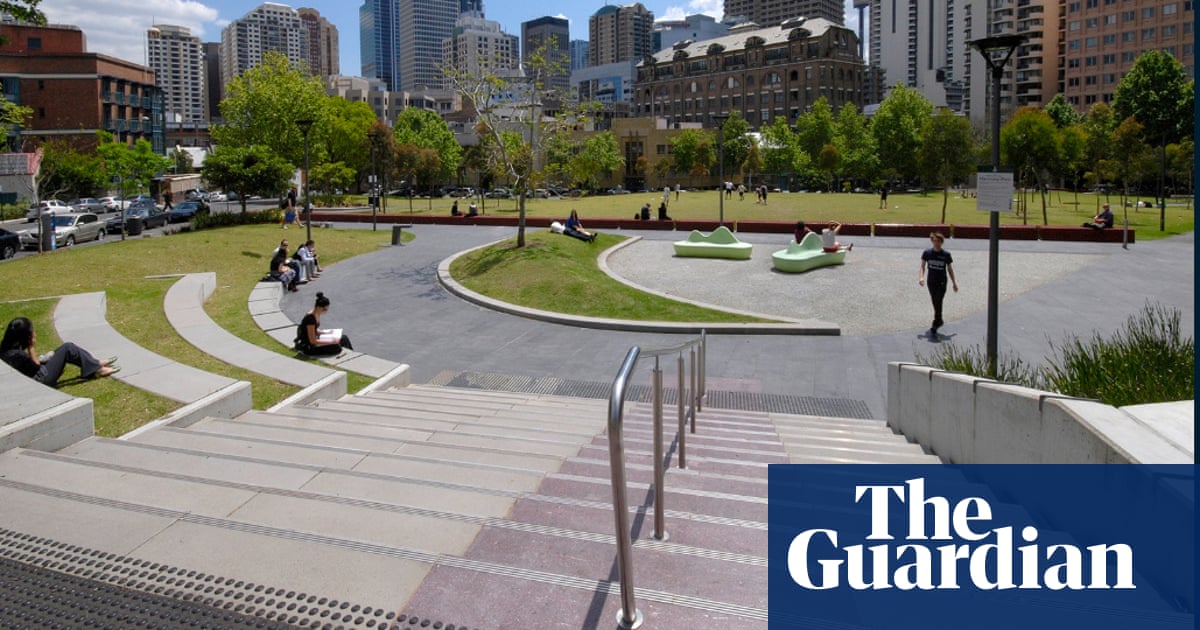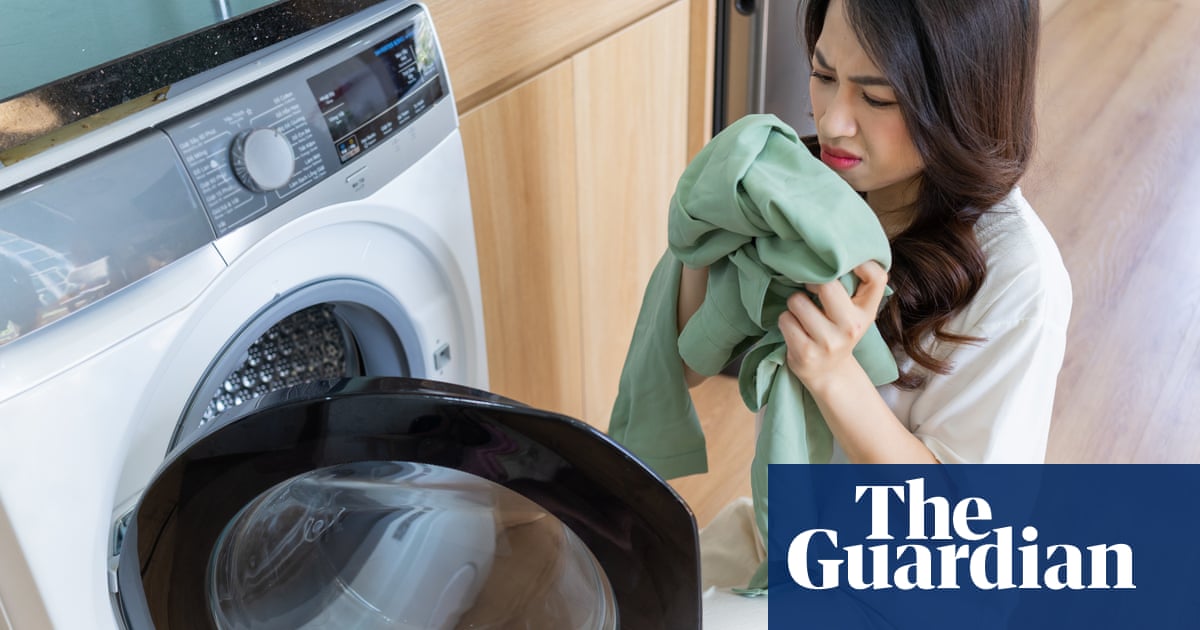Inner Sydney park to be closed as dangerous friable asbestos found in garden bed mulch | Sydney


An inner city Sydney park will be closed after friable asbestos was found in mulch at the site.
The City of Sydney on Monday night announced it had been contacted by the New South Wales Environment Protection Authority last week and told its suppliers may have received contaminated products.
The council tested Victoria Park at Broadway, Belmore Park near Central Station, Harmony Park and Prince Alfred Park in Surry Hills and Pope Paul VI Reserve in Glebe.
Friable asbestos was found in mulch at Harmony Park. People and dogs were seen walking at the park until 8.30am on Tuesday with no official indication that they should keep away.
“This park will be fenced off and temporarily closed. Signs will be installed and the site cleaned,” a council spokesperson said.
Bonded asbestos, which poses a lower immediate danger, was found in mulch at Victoria and Belmore parks. Fences and signs will be installed around the affected areas while the material is cleaned up.
The mulch was used in garden beds and under trees, not in playgrounds, the council stressed.
Bonded asbestos is considered lower risk than friable asbestos because it is mixed with a hard material such as concrete so hazardous particles are less likely to become airborne.
“No asbestos has been detected at Prince Alfred Park in Surry Hills or Pope Paul VI Reserve in Glebe,” the spokesperson said.
“Testing will continue at other parks in our local area.”
The latest discoveries come after a primary school in Sydney’s south-west was shut and part of a hospital closed-off to the public after asbestos was found in garden mulch.
The EPA on Sunday confirmed the material had been found in mulch at Liverpool West public school, which was followed by the discovery of the contaminant in mulch at Campbelltown hospital on Monday.
The environmental watchdog said it identified the school as a priority site for testing after learning the mulch used there was supplied by Greenlife Resource Recovery – the same company that supplied mulch to Rozelle parklands.
The discovery of bonded asbestos in the park on top of the Rozelle interchange in January prompted a broad investigation by the EPA and the NSW government, which has detected the contaminant at other sites across Sydney, as well as the south coast.
Source link




